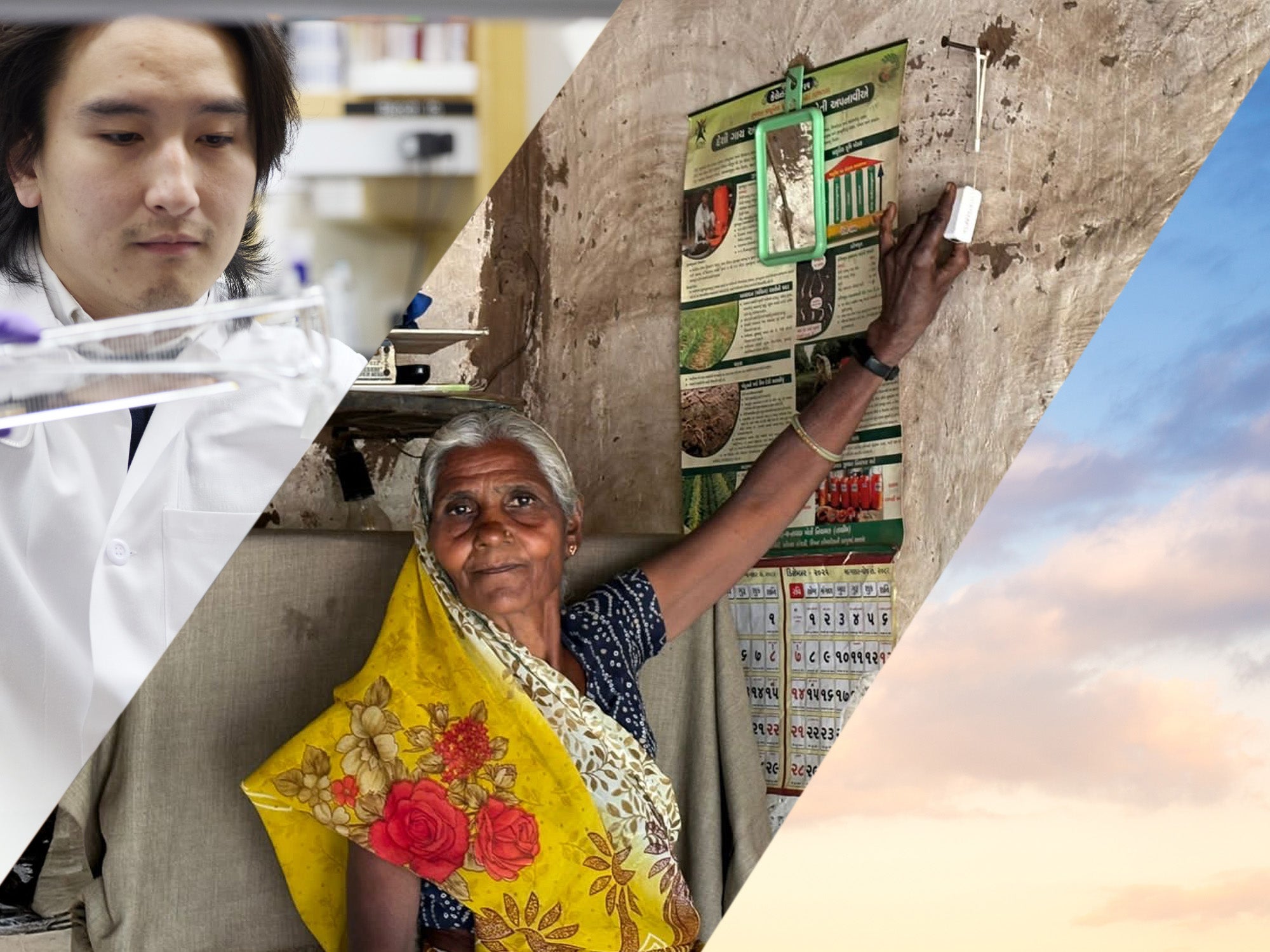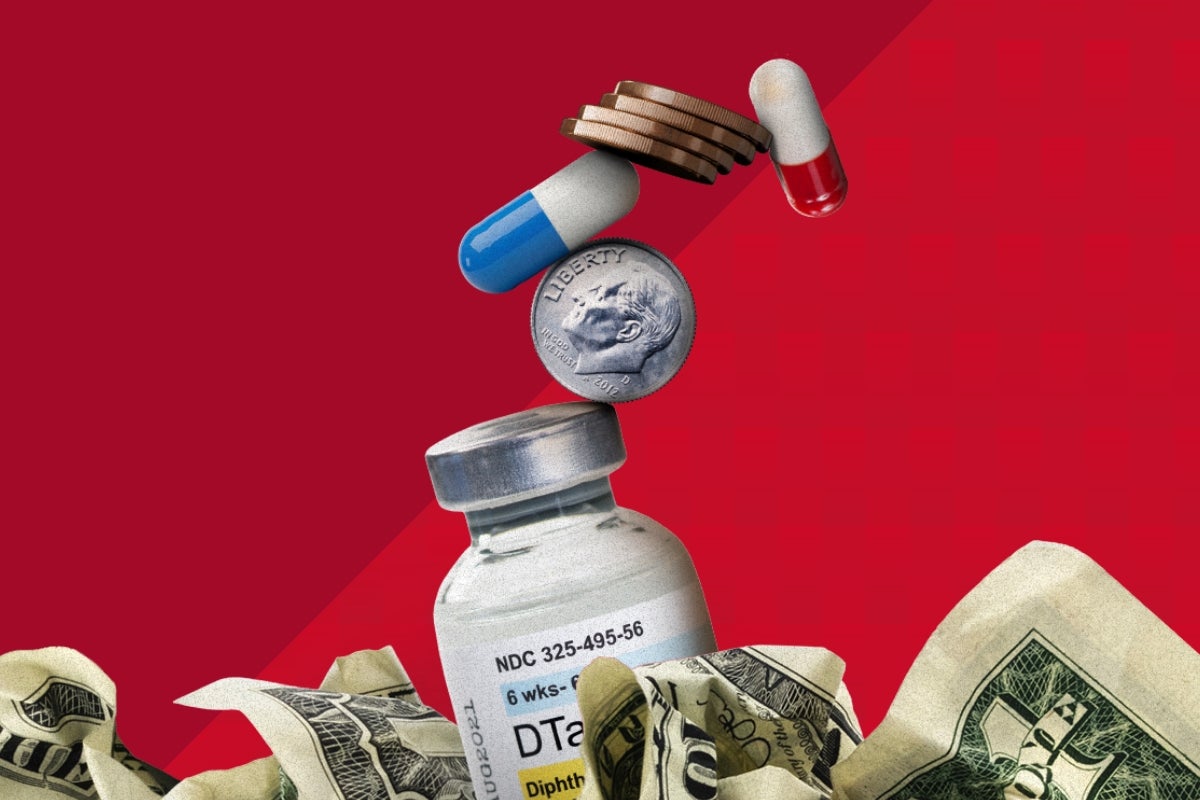HPRC Quarterly Highlights: Q1 2024
This quarter, we published a variety of new peer-reviewed publications and held coffee chats on the health benefits of sugary drink excise taxes and engaging community partners in health improvement planning. Below we highlight our accomplishments from Q1, categorized within the four aims in which our Center is focused.
Collaborate with Partners to Identify Evidence-Based Interventions
New Peer-Reviewed Publications from Faculty, Staff, & Collaborators
This quarter, we published several new publications in peer-reviewed journals focusing on evidence-based interventions.
- Cost-Effectiveness of Calorie Labeling at Large Fast-Food Chains Across the U.S..
(Dupuis R, Block JP, Barrett JL, Long MW, Petimar J, Ward ZJ, Kenney EL, Musicus AA, Cannuscio CC, Williams DR, Bleich SN, Gortmaker SL, American Journal of Preventive Medicine, January 2024) - A Sugar-Sweetened Beverage Excise Tax in California: Projected Benefits for Population Obesity and Health Equity.
(Lee MM, Barrett JL, Kenney EL, Gouck J, Whetstone L, McCulloch SM, Cradock AL, Long MW, Ward ZJ, Rohrer B, Williams DR, Gortmaker SL, American Journal of Preventive Medicine, January 2024) - Cost-effectiveness of Improved WIC Food Package for Preventing Childhood Obesity.
(Kenney EL, Lee MM, Barrett JL, Ward ZJ, Long MW, Cradock AL, Williams DR, Gortmaker SL, Pediatrics, January 2024) - An economic evaluation of strategies to ensure safer drinking water in the homes of families with young children in select United States locations.
(Cradock AL, Barrett JL, Nink E, Wilking C, Preventive Medicine Reports. February 2024) - Childhood Obesity Prevention — Focusing on Population-Level Interventions and Equity.
(Gortmaker SL, Bleich SN, Williams DR, The New England Journal of Medicine, February 2024)
Promote Healthy Weight, Healthy Eating, & Active Living
Coffee Chat Explores the Health Benefits of Sugary Drink Excise Taxes
This event was part of our monthly CHOICES Community of Practice coffee chat series.
Over the years, sugary drink excise taxes have emerged as effective policies that can both reduce consumption of sugary drinks – which are linked to developing many chronic health conditions – and serve as helpful tools for raising revenue that states and cities can reinvest into their communities. This coffee chat focused on a paper recently published in the American Journal of Preventive Medicine that evaluated the cost-effectiveness and potential population health benefits of a sugary drink excise tax if implemented in California.
First author Matthew Lee, PhD Candidate from the Harvard T.H. Chan School of Public Health and California native who has researched sugary drink trends and the impacts of sugary drink excise taxes in the San Francisco Bay Area, joined to share his perspectives. Those who joined appreciated the opportunity to learn more about this public health strategy as a tool for both promoting healthy weight and nutrition. As always, it was a great opportunity for folks to connect and learn from each other. Thanks to Matt for a great presentation and to all who attended!
➡️📅 Mark your calendars: Join us for our monthly coffee chat series, typically scheduled on the fourth Thursday of each month from 1:00 – 1:50pm ET.
☕️💡 Got ideas brewing?! Please share your ideas and suggestions for future CHOICES Community of Practice coffee chat topics. Your input helps shape our upcoming discussions!
📧👥 Invite a friend! Consider inviting a colleague or partner to join our coffee chats. Share our library of past coffee chats so they can get a taste!
Our monthly coffee chats are tailored for public health professionals dedicated to promoting healthy weight, healthy eating, and active living. These sessions serve as valuable opportunities to learn and connect with others.
Offer Resources & Training Opportunities
New Resources
We continue to share a variety of new resources and peer-reviewed publications that align with our Center’s Priority Areas (healthy eating, active living, sugary drinks, drinking water access and intake, and unhealthy food and beverage marketing). This quarter, we published and launched the following:
New Strategy Reports
As part of the recent re-release of the CHOICES National Action Kit 2.0, we’ve now made several reports available that describe the projected national population reach, impact on health, implementation costs, and cost-effectiveness for each strategy. These reports are accessible both with the Kit itself and via the CHOICES Resource Library.
Build Capacity for Conducting Community-Engaged Research
Conversation on Engaging Community Partners in Health Improvement Planning
This event was part of our monthly CHOICES Community of Practice coffee chat series, tailored for public health professionals dedicated to promoting healthy weight, healthy eating, and active living. These sessions serve as valuable opportunities to learn and connect with others.
Identifying the people and organizations that have the power to influence progress on your selected health issues is a key step to advancing your priorities. This coffee chat focused on highlighting resources to identify community partners, assess their role and power, and discuss ways you can use this information to engage partners and effect change.
Anna Clayton, Senior Program Analyst from the National Association of County and City Health Officials (NACCHO), discussed specific resources from NACCHO that can help identify and assess key partners to engage in the community health improvement planning process. Anna shared many wonderful resources during this event, specifically:
Mobilizing for Action through Planning and Partnerships (MAPP): A community-driven strategic planning process. MAPP provides a structure for communities to assess their most pressing population health issues and align resources across sectors for strategic action. MAPP 2.0 tools include:
- Handbook of guidance for the 3-phase process: includes guidance for the three-phase process
- Stakeholder & Power Analysis (Phase 1)
- Power Analysis on CHIP Priorities (Phase 3)
- Starting Point Assessment: Tool to reflect on past community health improvement cycles and set goals for the current cycle, used in Phase 1.
- Community Status Assessment: Quantitative assessment tool, used as part of the community health assessment in Phase 2.
- Community Context Assessment: Qualitative assessment tool, used as part of the community health assessment in Phase 2.
- Community Partner Assessment: Partner assessment tool, used as part of the community health assessment in Phase 2.
- Power Primer: Supplement aligned with the MAPP 2.0 process for communities who want to address power dynamics throughout MAPP in order to support community power building.
- Visit naccho.org/mapp for more MAPP 2.0 tools.


